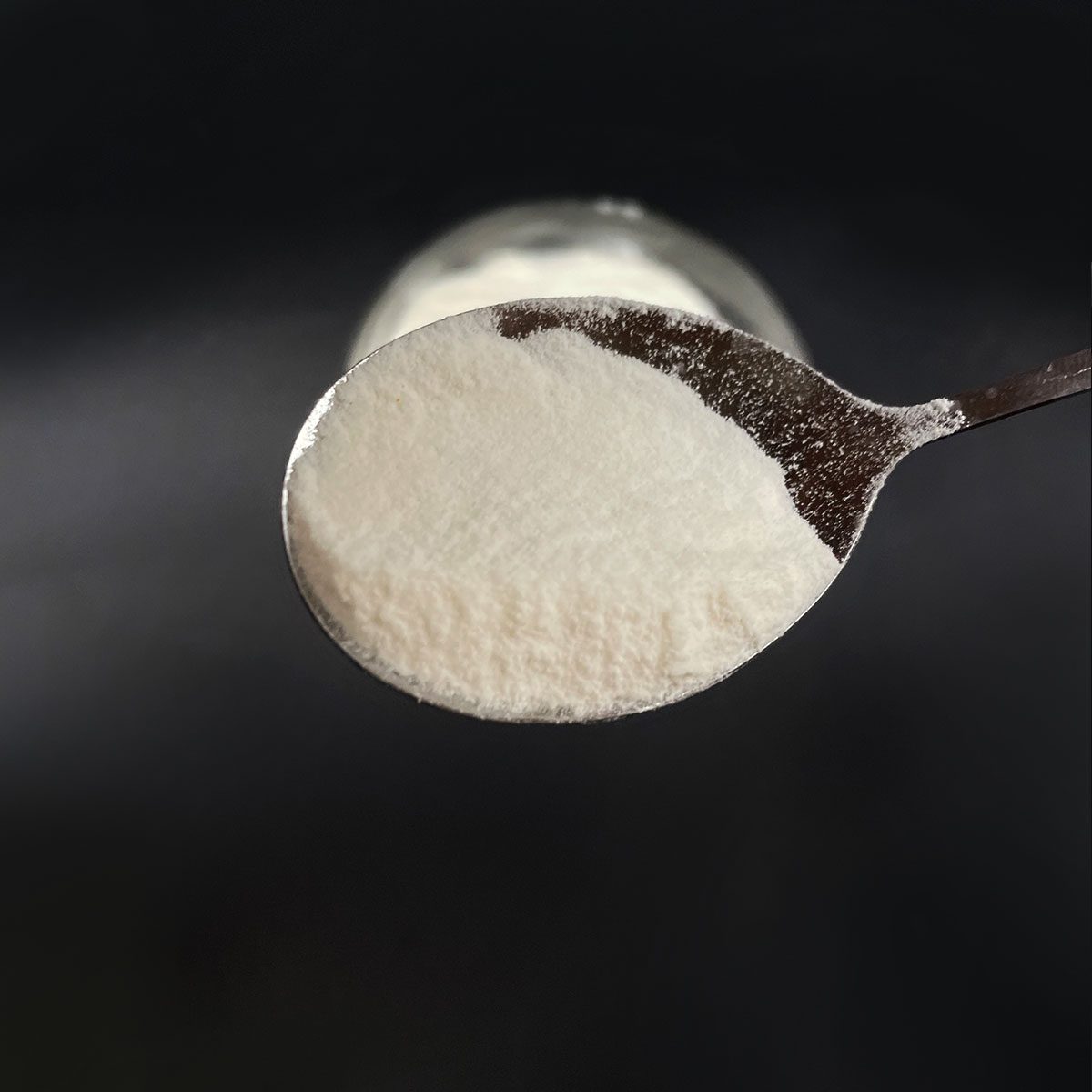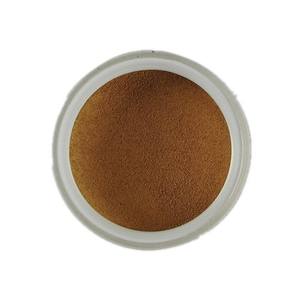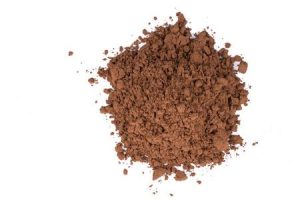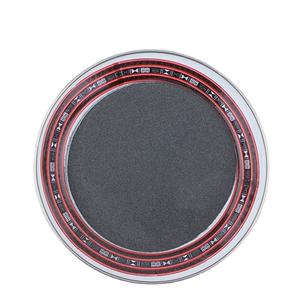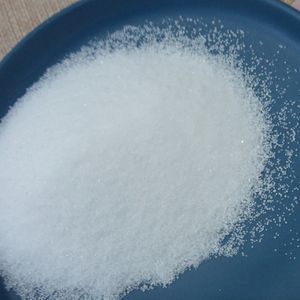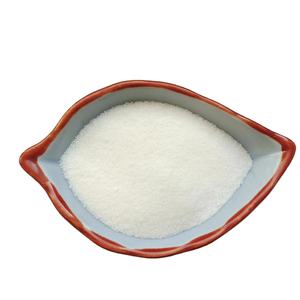Professional and high-quality metal alloys, ceramic products and concrete additives | RBOSCHCO
(Is Silicon Nitride Expensive?)
Silicon nitride is a high-strength, high-hardness material that is highly resistant to corrosion and wear. Its mechanical robustness also enables it to withstand high temperatures. It is ideal for high-wear environments, such as turbine blades and precision shafts. It is also resistant to non-ferrous metals, making it suitable for high-temperature applications.
Silicon nitride is also bioinert, allowing it to be used for biomedical implants. In the late 1980s, scientists confirmed that the material was biocompatible when implanted in animals. A 1999 study confirmed this finding, showing that silicon nitride is biocompatible enough for the in vitro propagation of bone cells.
There are two main types of silicon nitride. The first is hot-pressed silicon nitride, which is used for cutting tools. The second type, sintered reaction-bonded silicon nitride, has improved impact resistance and toughness. This involves bonding silicon nitride to graphite and then sintering at high temperatures or pressures.
Silicon nitride is a self-reinforced material that has a high atomic bonding strength. Consequently, it is extremely resistant to corrosion in both acidic and basic solutions. This makes it a popular choice for structural applications in various industries. It is also an excellent material for wear-resistant and high-temperature applications.
Silicon nitride is superior in corrosion and thermal shock resistance compared to high-grade steel. Silicon nitride can also be used in bearings because it is lighter than steel. Its low density makes it as light as aluminum, reducing centrifugal stress on outer races.
You can make many different structural components from silicon nitride. Precision Ceramics stocks a wide range of standard silicon nitride ceramic rods with excellent surface finish. These rods are suitable for engine components, pistons, bearings, and other applications. The company offers complete machining/grinding capabilities to produce custom silicon nitride parts.
Silicon nitride is an artificial structural ceramic material. It reacts with nitrogen or other organic compounds with silicon carriers and ammonia. It was first discovered in the mid-18th century but was not easy to manufacture until later. Later, the covalent bonding of silicon and nitrogen led to the development of two main types of silicon nitride: sintered silicon nitride and reaction-bonded silicon nitride.
Silicon nitride is an important engineering ceramic used in many different applications. Despite its high temperature, it has outstanding mechanical and chemical properties. It is an excellent material for making capacitors in analog chips. Silicon nitride is also used in biomedical applications.
The optimum nitride layer thickness depends on pad and field oxide thickness. A thicker layer of nitride increases the mechanical stress in silicon during field oxidation. If these stresses exceed critical limits, they can cause dislocations, leading to leaky transistor gates. The optimal thickness of the nitride layer should be between 150 nm to 200 nm. At the same time, the thickness of the pad oxide should be between 10 nm to 20 nm.
About RBOSCHCO
RBOSCHCO is a trusted global chemical material supplier & manufacturer with over 12 years experience in providing super high-quality chemicals and Nanomaterials. The company export to many countries, such as USA, Canada, Europe, UAE, South Africa, Tanzania,Kenya,Egypt,Nigeria,Cameroon,Uganda,Turkey,Mexico,Azerbaijan,Belgium,Cyprus,Czech Republic, Brazil, Chile, Argentina, Dubai, Japan, Korea, Vietnam, Thailand, Malaysia, Indonesia, Australia,Germany, France, Italy, Portugal etc. As a leading nanotechnology development manufacturer, RBOSCHCO dominates the market. Our professional work team provides perfect solutions to help improve the efficiency of various industries, create value, and easily cope with various challenges. If you are looking for silicon nitride, please contact us or send an email to: tech@nanotrun.com
(Is Silicon Nitride Expensive?)

